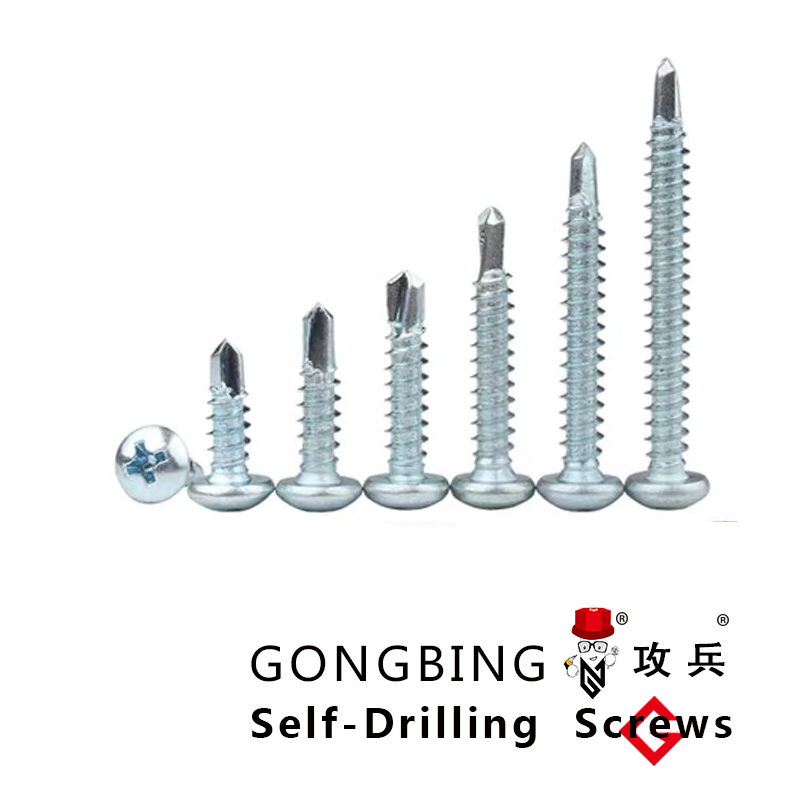chemical anchor bolt sizes
Understanding Chemical Anchor Bolt Sizes A Comprehensive Guide
When it comes to construction and engineering, the importance of using the right materials cannot be overstated. Among these materials, chemical anchor bolts have gained significant traction due to their superior bonding capabilities and versatility. However, to fully harness the benefits of chemical anchor bolts, understanding their sizes and specifications is crucial. This article delves into the intricacies of chemical anchor bolt sizes, providing valuable insights for engineers, builders, and DIY enthusiasts alike.
What Are Chemical Anchor Bolts?
Chemical anchor bolts are fasteners used to secure structures to concrete or masonry. Unlike traditional mechanical anchors, which rely on physical friction to hold them in place, chemical anchors utilize specialized adhesives or epoxy resins. These substances create a robust bond with the surrounding material, allowing for high load capacities and resistance to dynamic forces. They are commonly used in applications ranging from securing heavy machinery to fastening structural elements in building construction.
The Importance of Size
The size of chemical anchor bolts plays a pivotal role in their performance. Factors such as the diameter, length, and thread type can significantly affect the load-bearing capacity, installation procedure, and overall durability. Selecting the correct size is not only essential for ensuring structural integrity but also for meeting building codes and safety regulations.
Common Sizes and Specifications
Chemical anchor bolts come in a variety of sizes suited for different applications. The most common diameters for these bolts range from 8mm to 20mm, though sizes can go beyond that for specialized applications. The length of the bolts typically varies based on the thickness of the material they are anchoring into and the overall load requirements.
chemical anchor bolt sizes

1. Diameter The diameter of a bolt greatly influences its load capacity. For instance, a 10mm bolt can usually handle lower loads compared to a 16mm or 20mm bolt. Choosing the bolt diameter based on the expected load is critical to avoid catastrophic failures.
2. Length The length of the bolt must accommodate the thickness of the substrate and allow enough depth for the adhesive to create a strong bond. It’s important to consult load tables provided by manufacturers to ascertain the appropriate length based on the anchor type and usage scenario.
3. Thread Type The type of threading—coarse or fine—also impacts the bolt's holding power. Coarse threads are better for applications requiring quick installation, whereas fine threads provide greater tension and control for heavy-duty applications.
Installation Considerations
Installing chemical anchor bolts requires precision and attention to detail. Proper hole drilling, cleaning, and adhesive application are vital steps that cannot be overlooked. The installation depth must correspond with the bolt length, ensuring that the adhesive fully saturates the bolt threads.
Moreover, it is imperative to follow the manufacturer's guidelines regarding curing times and load capacities. Different adhesives have varying curing times, and installing the bolt before the adhesive has cured can lead to inadequate bonding and potential failure.
Conclusion
Chemical anchor bolts are an essential component in modern construction, and understanding their sizes can greatly affect the success of any project. When selecting a chemical anchor bolt, consider the diameter, length, and thread type in relation to the specific application and load requirements. By adhering to proper installation protocols and guidelines, builders and engineers can ensure the safety and integrity of their structures. Always consult technical specifications and load tables from reputable manufacturers to make informed decisions. Proper knowledge of chemical anchor bolt sizes not only enhances the performance of constructions but also promotes long-term reliability and safety.
-
Weatherproof Plastic Expansion Anchors for OutdoorNewsJun.06,2025
-
Sustainability in the Supply Chain: Eco-Friendly TEK Screws ProductionNewsJun.06,2025
-
Load-Bearing Capacity of External Insulation FixingsNewsJun.06,2025
-
Double Head Bolts: Enhancing Efficiency in Industrial MachineryNewsJun.06,2025
-
Corrosion Resistance in Chipboard Screws: Coatings for Wholesale DurabilityNewsJun.06,2025
-
Butterfly Toggle Bolts : Enhancing Structural ResilienceNewsJun.06,2025
